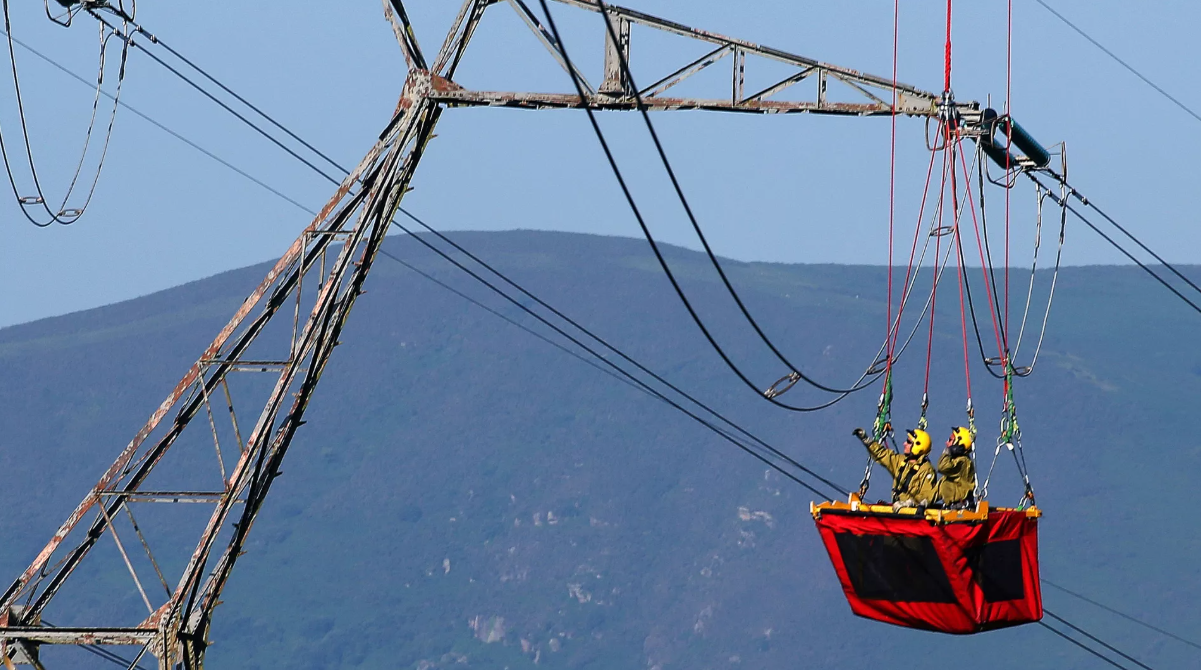
A new report from Beyond Fossil Fuels, Ember, E3G, and the Institute for Energy Economics and Financial Analysis finds that Europe's electricity transmission system is ill-prepared to handle the rapid growth of renewable energy. Analysts warn that unless urgent reforms are made, outdated grid planning could trap the EU in fossil fuel dependence—even as it races to replace Russian energy imports by 2027.
Outdated Plans, Outpaced Targets
The report examined 32 transmission system operators (TSOs) across 28 nations and concluded that most are still relying on outdated models based on legacy policies and sluggish market forecasts. Few have adapted to the EU's new energy targets or the scale of renewable deployment needed to meet them.
"The grid is the backbone of the energy transition—but right now it's blocking progress," said Juliet Phillips, energy campaigner at Beyond Fossil Fuels. "We need to remove the regulatory bottlenecks that are holding up projects and give grid operators a clear climate mandate."
Only five TSOs—those in Ireland, Denmark, Finland, the UK and Lithuania—are planning for a fully decarbonised electricity system by 2035, despite 13 European countries having made similar commitments.
UK and Finland Among Worst-Blocked
The UK tops the list with a staggering 722GW of renewable projects awaiting grid access, followed by Finland (400GW), Italy (348GW), and Germany (70GW). Collectively, the 1,700GW in the queue is more than three times what is needed to reach the EU's 2030 clean energy targets.
In many cases, this gridlock isn't just slowing climate action—it's wasting money. In just seven countries, an estimated €7.2 billion worth of clean electricity was curtailed in 2024 alone because grids could not absorb the supply. Germany saw around €3.3 billion in lost wind and solar output; Spain, up to €2.5 billion.
Even when that energy can't be used, generators are often compensated, pushing the financial burden onto consumers.
A Fossil Fuel ‘Fallback'
The report warns that the lack of grid readiness could lead to a "self-fulfilling prophecy," where fossil gas remains in use simply because grids were never designed to accommodate a fully renewable system.
"Without modernising the grid, we risk locking ourselves into fossil fuels by default," said Vilislava Ivanova of E3G. "Political leaders must send a strong signal that grid operators need to plan for a fossil-free future."
The authors are calling for urgent policy reform—along with independent oversight and new financial incentives—to align grid development with Europe's climate goals.
As the EU prepares to invest heavily in new clean energy capacity in 2025, the report makes clear that turbines and solar panels alone won't cut emissions unless electricity systems are upgraded to carry the power they produce.
"Europe has the projects," said Phillips. "Now it needs the wires."